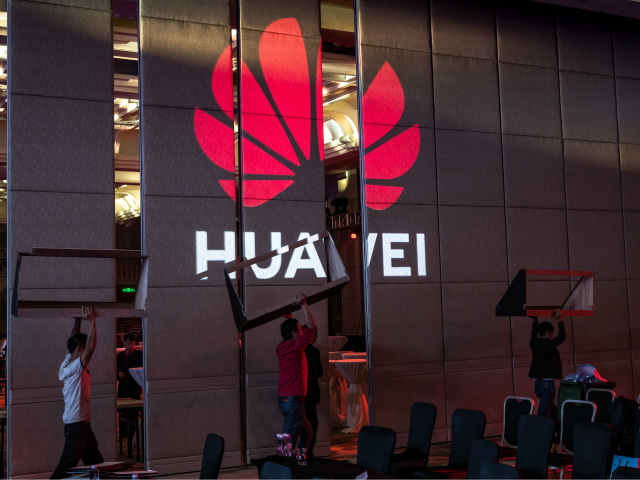Chinese billionaire Ren Zhengfei, founder of telecommunications titan Huawei, reportedly wrote an internal memo this week laying out plans to overhaul the company over the next three to five years and create an “invincible iron army” to fight against regulatory pressure and competition from the United States.
Ren’s intemperate memo was uncovered and published by Bloomberg News, which confirmed its authenticity with a Huawei representative.
Bloomberg noted that Ren, who once served as an engineer in the People’s Liberation Army (PLA) and caused a bit of a stir when he discussed his membership in the Chinese Communist Party, has a tendency to use militaristic language, and for that matter so do business consultants and executives in general.
This memo seemed particularly aggressive, referring to recent U.S. regulatory actions against Huawei by saying “two bullets fired at our consumer business group unfortunately hit the oil tanks” and describing the restructuring plan as “a painful long march,” a phrase Bloomberg delicately describes as “a possible reference to the Communist Party’s historic cross-country trek.”
“We have to complete an overhaul in harsh and difficult conditions, creating an invincible iron army that can help us achieve victory. We absolutely have to complete this reorganization within three to five years,” the Huawei founder wrote.
Some of this will be music to the ears of Huawei critics, who worry about the company’s ties to the Communist Party and its willingness to be used as an instrument of Chinese military intelligence. Ren seemed confident that Huawei will maintain its 5G dominance against American industries that have been slow to join the race in earnest, with a commensurate advantage in next-generation artificial intelligence (AI) technologies. The fact that he wrote the memo at all, stressing the need for a “harsh and difficult” restructuring plan, suggests he is at least a little worried about the U.S. stepping up its 5G and AI games.
The UK Telegraph noted a significant shift in attitude on Ren’s part, citing his earlier assurances that the U.S. government underestimated Huawei’s ability to shrug off sanctions and supply shortages.
As recently as last month, Huawei reported smartphone sales were still increasing, and last week it debuted its own operating system to replace Google’s Android platform, which would seem to make a painful and swift corporate restructuring plan unnecessary. The Telegraph speculated Ren might be alarmed by the prospect of the U.S. making a post-Brexit trade deal with Britain contingent on London taking a tougher stance against Huawei 5G networking products.
The Times of India looked at Ren’s memo from the opposite perspective and wondered if the Chinese telecom company sees an opportunity over the next few years to land a knockout punch on Google and displace the Android operating system as the most popular worldwide option for smartphones. For what it’s worth, even mainland Chinese customers seemed lukewarm about Huawei’s preview of the Hongmeng or “Harmony” operating system despite a patriotic rush to buy the company’s phones.

COMMENTS
Please let us know if you're having issues with commenting.